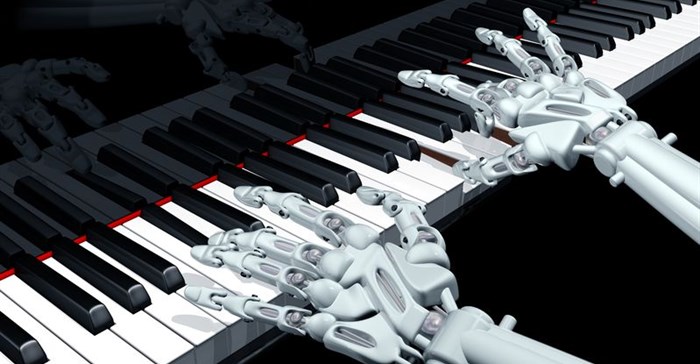
Top stories






More news


Marketing & Media
Ads are coming to AI. Does that really have to be such a bad thing?













I had been given a brief for a large telco company and only a day to crack it. My partner and I worked late into the night. We filled the walls of our office with ideas. Some were shit, some made no sense but a few had some promise. And there was one that we both thought was really good. As a creative you know when something is good because you feel like you want to walk out of the agency and make the idea immediately. It is a heady mix of excitement and irritation.

Great ideas are ideas you can feel.
So, the next day we walked into the ECD’s office with a little swagger. We had nailed this. We presented all the ideas and then hit him with the big one. We waited for the inevitable glory. Nothing big, perhaps a tickertape parade, thunderous applause and being fed grapes while overlooking the Aegean would be fine.
We got nothing.
He stared at us for a long time. In fact, he stared at us for so long I wondered if he was hungover or had died with his eyes open. Alas, this wasn’t the case. He reached onto his desk for a large yellow D&AD annual and opened it to a certain page and said probably the worst words a creative can hear.
It had. I had a feeling that I will try and describe.
Imagine you are going into a jail cell for the first time. You are not very strong but you are very pretty. As the cell door closes you notice two other prisoners. They seem to work out a lot. The one with the eye patch smiles and blows you a kiss. This special moment is interrupted by the warden coming by to tell you your parole had been denied. And then, as an afterthought, he says your mom phoned to let you know your cat had died.
That was the feeling. It was one I never wanted to have again. It was a feeling that pushed me forward to try harder.
The reason I mention this dark moment in my career is that lately I have noticed a lot of work that is a direct copy of pretty famous campaigns. I have seen them being entered into award shows. I see them winning. I have even seen creative directors defending why they have done it in the trade press. With all this happening, I started to wonder if, as industry, doing something fresh still mattered.
How important is it to still try and be authentic? Should creatives focus on being efficient first and effective second? Or is it the other way round? Should we just put any picture in those endless picture frames? Does originality, quality, emotion and feeling matter more or less than it used to? Is there a new definition of great work?
While I was wondering about all this, I read two stories involving Artificial Intelligence. One was about the ad agency McCann in Japan that had created the first AI Creative Director. Essentially, it is an algorithm that looks at all the work ever made in a particular category, analyses it and gives you suggestions as to what work you should make.
The other was an article about a project called The Next Rembrandt. It was a collaboration between Microsoft, ING and Delft University of Technology. They analysed all of Rembrandt’s work, pixel by pixel.
Using machine-learning algorithms, they identified the most common patterns Rembrandt used. From this, they created the first ‘new Rembrandt’ in 350 years.
Now, there is no denying these developments are amazing. However, in both cases the answers or paintings that are generated are based on what exists. They are using existing data. The AI Creative Director will give you suggestions on what exists and what has worked. The advantage of that is very little risk. And perhaps, in a very fast world, that is the point. The disadvantage is you pretty much stay where you are. Risk used to be how you got to reward. These days, certainty seems to be its own reward.
The new Rembrandt I am sure is magnificent. But is it better than the original? And, is it really new? No. It’s been done. It’s just a very sophisticated copy. Is it more important than an artist in some sh!tty basement trying to do something authentic? No.
Picasso said computers are useless. They can only give you answers. Answers and speed these days seem to be valued above all else.
However, I believe there is something far more valuable: Being human. Being alive is something an algorithm cannot do. Not yet, anyway. And being alive is how you feel something new. That will always be the difference: An algorithm might hear the music. But we feel it.
“Because an algorithm can’t come up with Popeye.” – Dave Trott
*Note that Bizcommunity staff and management do not necessarily share the views of its contributors - the opinions and statements expressed herein are solely those of the author.*
